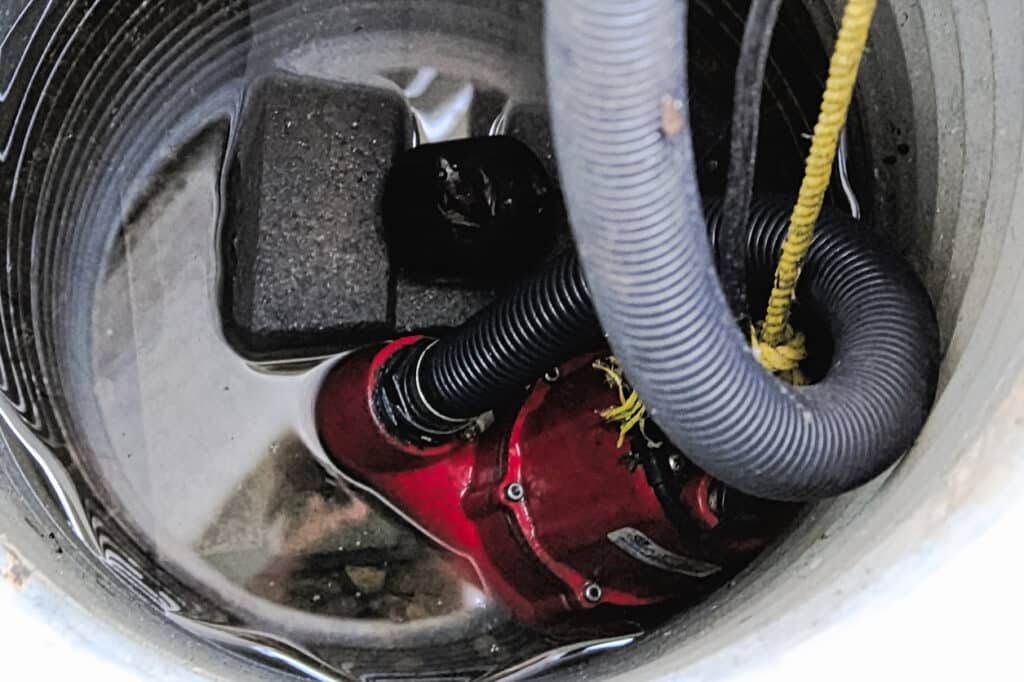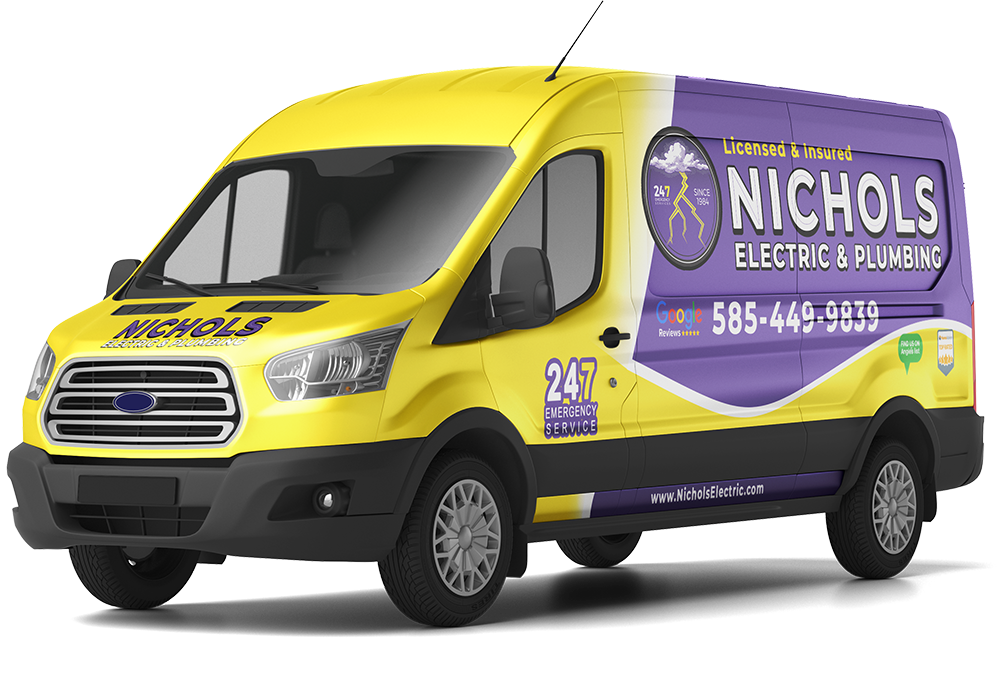If you have a large basement, you may find that a submersible sump pump is an essential tool for you to have, especially if it is prone to flooding. This type of pump is designed to operate underwater, and it sits at the bottom of a sump pit. It provides a key defense against water damage by pumping out water as it accumulates, thus preventing floods that can damage the structural integrity of your home. If you do not currently have this sort of pump and are thinking of procuring one, you should look at the advantages and disadvantages first to make a sound decision about what solution will work for your home and your circumstances.
Advantages of Submersible Sump Pumps
One of the primary advantages of submersible sump pumps is their efficiency. Because they operate underwater, they are cooled by the surrounding water, which helps prevent overheating and extends the life of the pump. This makes submersible pumps particularly suitable for larger basements that require frequent and extensive water removal.
Another benefit is their virtually noiseless operation. Since the pump is submerged, it generates less noise compared to its above-ground counterparts. This feature is particularly advantageous in a residential setting where noise reduction is often desired.
Submersible sump pumps are also designed to handle larger particles in the water. This capability makes them ideal for areas that may experience heavier debris flow, which is common in large basements.
Disadvantages of Submersible Sump Pumps
The initial installation of a submersible sump pump can be more complicated and costly than other types. It requires a precise setup to ensure it functions correctly, which may necessitate professional installation.
Maintenance and repair can also pose challenges. Since these pumps sit underwater, accessing them for routine maintenance or repairs involves more effort and potential disruption to your daily routines.
While submersible pumps are typically more powerful, they can also be more expensive. The initial investment for a submersible pump is higher than other types of sump pumps. You must consider whether the additional cost aligns with your needs based on the frequency and volume of water your basement collects.
To determine whether a submersible pump is the best fit for your home, you will need to take note of how often your basement floods and consider how much money you must invest in such a solution. You can also speak with a plumber to see if any other lower-cost options are effective if you find that a submersible pump costs too much to procure and install. If you need help finding a sump pump that will protect your Rochester, NY home against water damage, contact our experts at Nichols Electric and Plumbing, and we will assess your home and go over your options with you.



